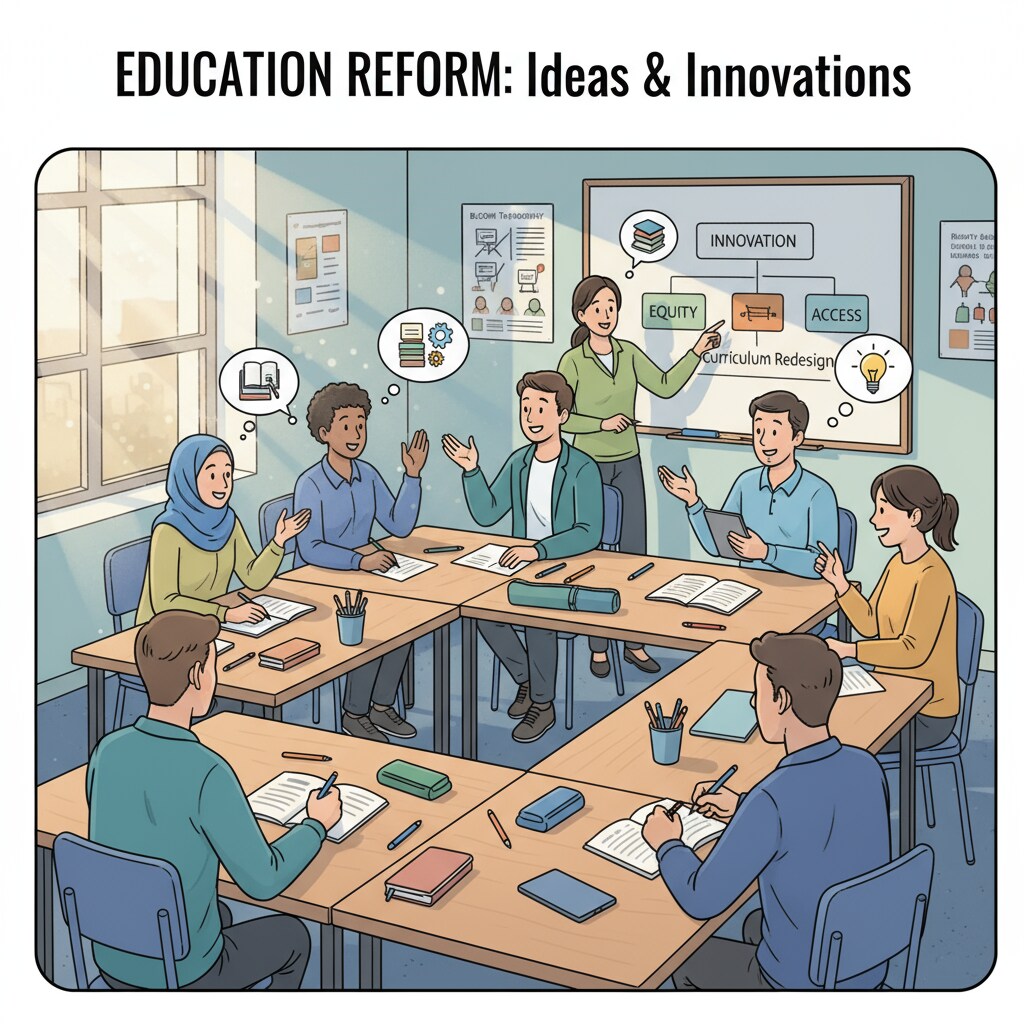Educational career planning, educational system reform, and teacher development are crucial aspects for those who aspire to bring about positive change in the education sector. Aspiring teachers with a vision for reform often wonder how they can make the most of their skills and passion within the existing education system. This article aims to shed light on the various career paths available and offer practical advice to help these individuals find their optimal professional positions.

The Starting Point: Frontline Teaching
For many, the journey towards educational reform begins in the classroom as a frontline teacher. This is a fundamental step as it provides hands – on experience with students. By interacting directly with learners, teachers can identify the real – world problems and needs in education. For example, they might notice gaps in the curriculum or teaching methods that don’t engage all students. According to Teach.org, frontline teaching allows educators to build a deep understanding of the educational landscape at the grassroots level. This understanding is invaluable when it comes to proposing and implementing reform measures later on. Teachers can also develop essential skills such as classroom management, communication, and instructional design during this stage.
Climbing the Ladder: School Leadership Roles
After gaining sufficient experience as a teacher, moving into school leadership roles can be a strategic step for those interested in educational reform. School leaders have the power to influence school – wide policies and practices. They can introduce new teaching models, allocate resources more effectively, and create a school culture that fosters innovation. As stated on The National Association of Elementary School Principals website, school leaders can drive changes that impact a larger group of students and teachers. For instance, they can initiate professional development programs for teachers to improve teaching quality, which is a key aspect of educational system reform. In these roles, educators can expand their influence beyond a single classroom and contribute to the overall development of the school community.

Another avenue for aspiring educational reformers is to get involved in educational research. By conducting research, they can contribute to the existing body of knowledge in education. Research findings can inform evidence – based policies and practices. For example, research on the effectiveness of different teaching technologies can help schools and districts make informed decisions about technology integration. This is an important part of educational system reform as it ensures that changes are based on sound research. Researchers can also collaborate with teachers and school leaders to implement and evaluate new educational programs.
Readability guidance: Each section here focuses on a different career path for aspiring teachers in educational reform. Short paragraphs are used to clearly present the key points. Transition words like ‘for example’ and ‘also’ are employed to make the flow smooth. Lists could be further developed in future expansions to detail more aspects of each career path.


